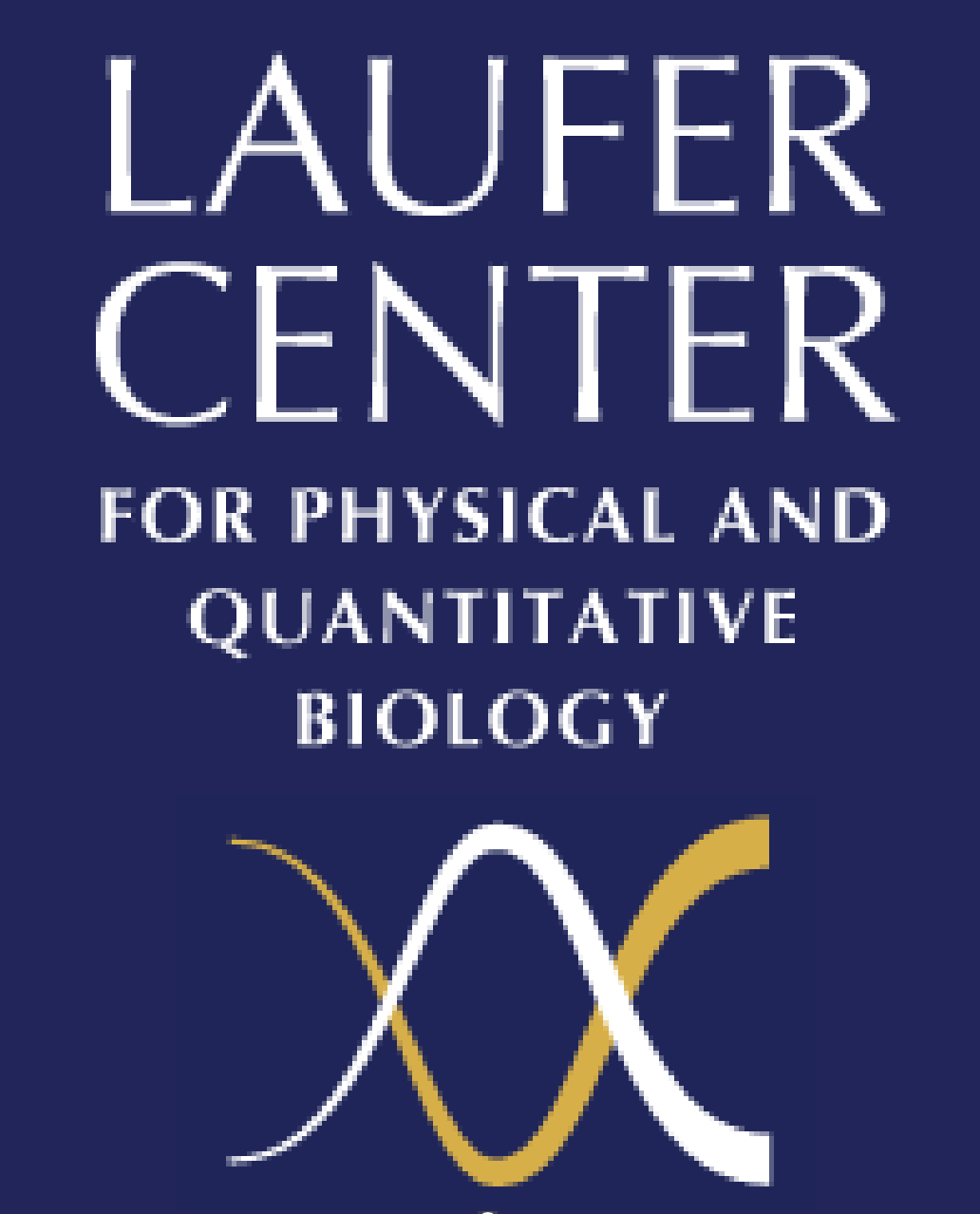Events Calendar
Since 93% of disease-related variants in the human genome reside outside of protein coding genes, it is important to develop computational techniques to predict which of these variants are most likely to be causal for the disease. Our group mainly uses computational techniques to interpret variation in the genome that affects the function of non-coding RNAs and gene regulatory elements. In this talk, I will describe our recent results on extending and implementing a novel class of spectral learning algorithms for Hidden Markov Models and related graphical models, with the goal of segmenting the genome into distinct chromatin domains, such as different enhancer subtypes. In several cell types, we find that disease-associated variants from genome-wide association studies are most strongly enriched in enhancer elements found by our method, Spectacle.


